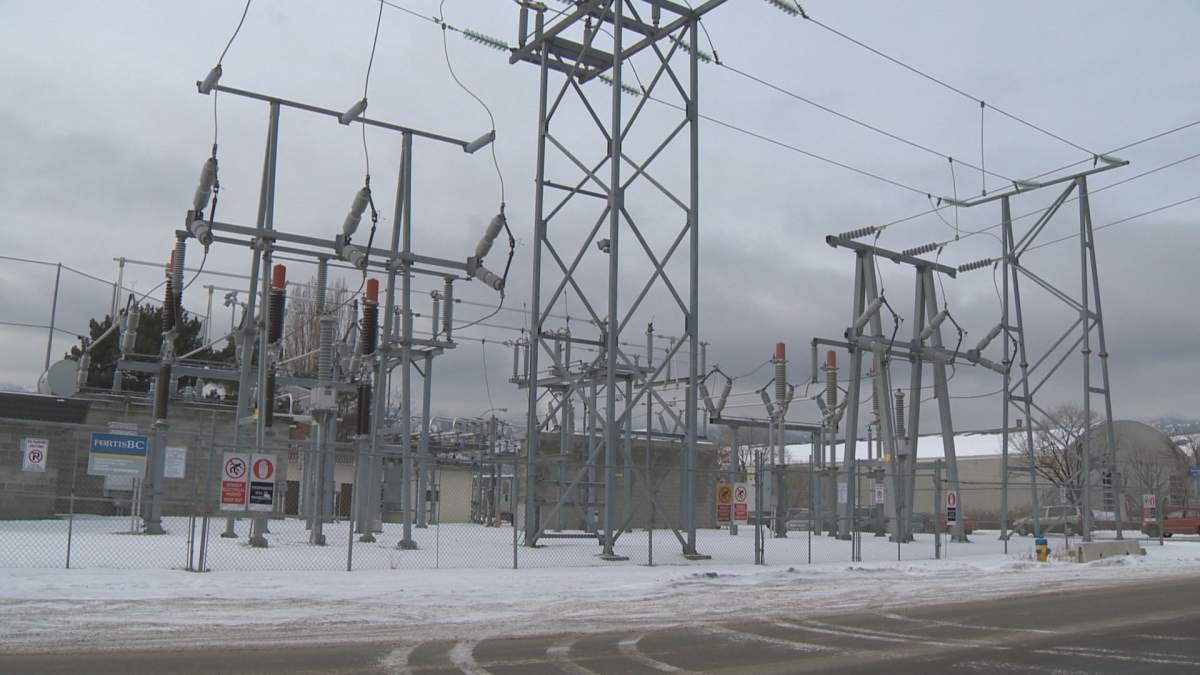With temperatures well below freezing as a result of a cold snap across B.C., many residents are doing everything they could to keep warm, and because of that, BC Hydro says, the province set a new record for electricity demand.

According to the utility company, residents consumed 11,300 megawatts of electricity in just one hour on Friday night — 30 per cent higher than the previous Friday night before the cold snap began.
Despite the record-breaking power usage, B.C. did not require imports from other markets, and they also had enough to lend a helping hand to Alberta and the Pacific Northwest, after both places had increased demand and system challenges. This includes about 200 megawatts exported to Alberta following an electrical grid alert from the Alberta Electrical Systems Operator.
“Extreme weather events like drought and cold snaps are putting people and communities at increased risk,” said Josie Osborne, Minister of Energy, Mines and Low Carbon Innovation. “Thanks to the resiliency of our energy system and exceptional planning by BC Hydro, we are able to meet the needs of British Columbians while also delivering clean, reliable hydro-electricity to our neighbours in Alberta when they needed it most.”

Prior to Friday’s record being set, the previous record for power consumed was 10,977 megawatts in December 2022. On Saturday, numbers were also higher than usual, as customers consumed 11,000 megawatts during the peak hourly load.

Get breaking National news
“B.C. is fortunate to have an integrated, provincial hydroelectric system that allows BC Hydro to ramp up quickly when generation is needed and scale back when it is not,” said Chris O’Riley, president and CEO, BC Hydro. “Our teams carefully plan and prepare for cold weather events like this to ensure our generating facilities are running at full capacity so we can deliver clean electricity to our customers when they need it the most.”
The utility company added that despite historic droughts impacting some of their operations, crews have been preparing for these types of conditions and how to respond to the challenges it can present for over a year.
“BC Hydro has the tools to manage these conditions, including multi-year storage in its reservoirs, regional diversity in its generating facilities, contracts for power, and the ability to import and export power through the Western Interconnection – a network of high-voltage transmission lines that connects B.C. with other utilities in western North America,” BC Hydro said in a release.
The company added that it expects demand to remain above normal over the next several days as the cold weather persists, but it does not expect any further records to be broken.








Comments
Want to discuss? Please read our Commenting Policy first.